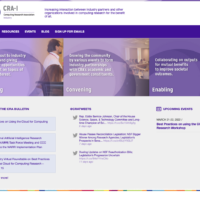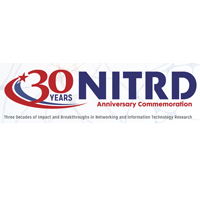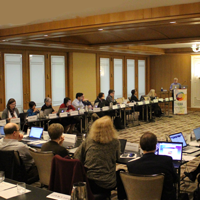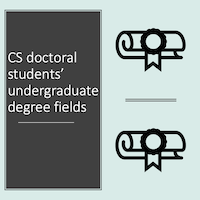
CRA-Industry Launches New Website and Logo
The Computing Research Association’s newly formed Industry Committee (CRA-I) is pleased to announce the release of our new logo and website.
CRA-I was created in the Fall of 2020 with the goal of reaching out to industry partners involved in computing research and giving them new opportunities to convene and connect on topics of mutual interest with academia and government.
The committee recognizes the diversity of companies that participate in the computing research ecosystem and seeks to enable those companies, big and small, to get the greatest benefit from sharing their experiences with each other. Furthermore, CRA-I recognizes that many companies not traditionally contributing or benefitting from computing research are now actively engaging with the computing research community. We seek to help such companies engage, contribute, and participate in the computing research community for the benefit of all.












